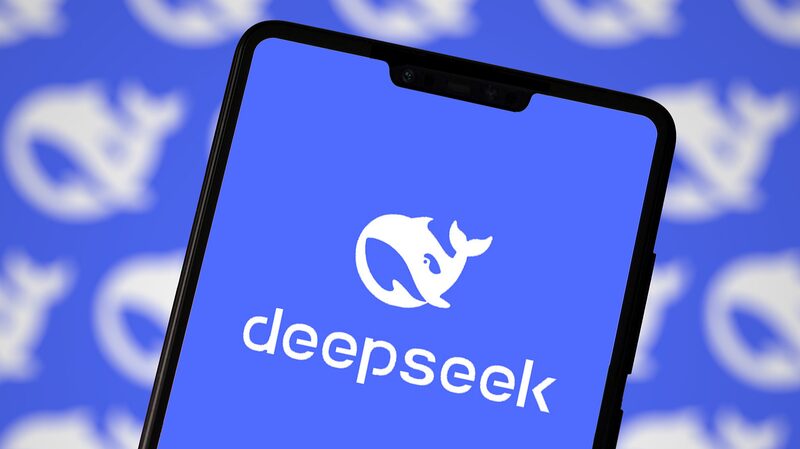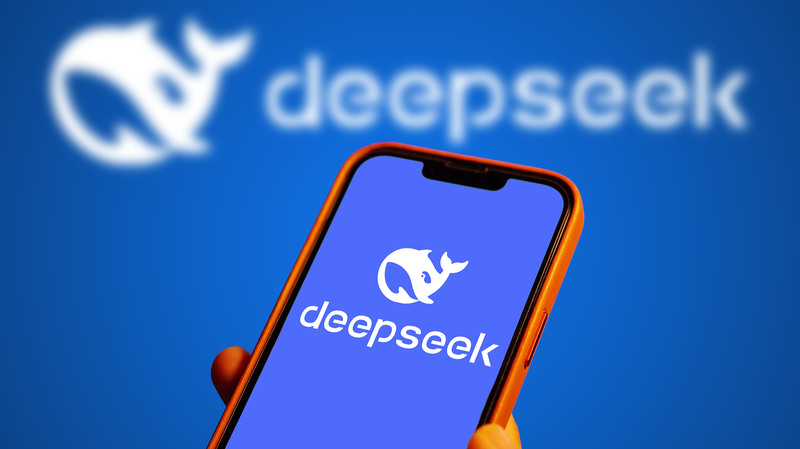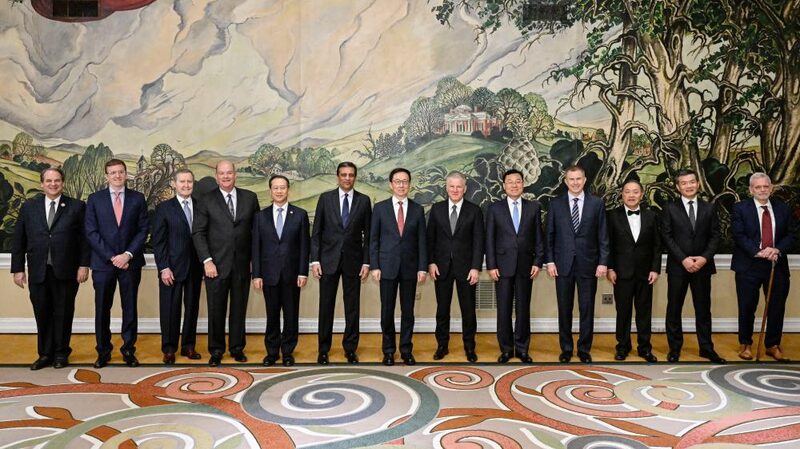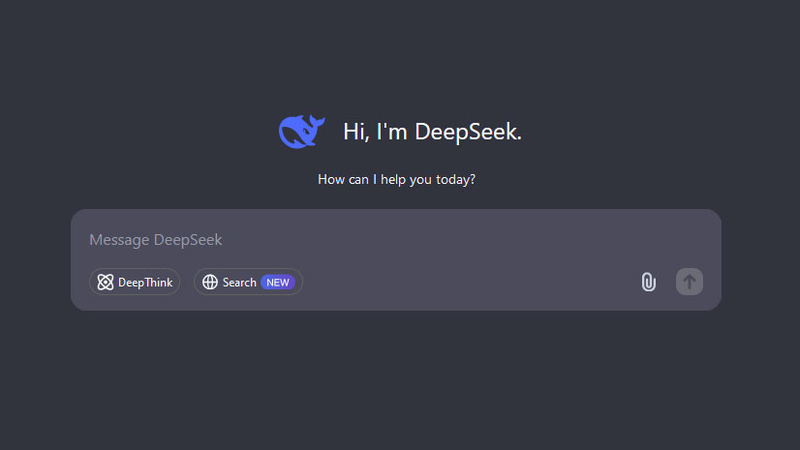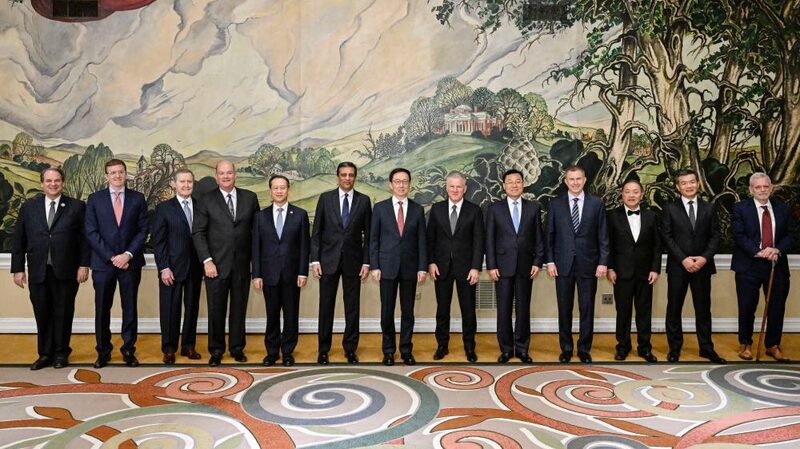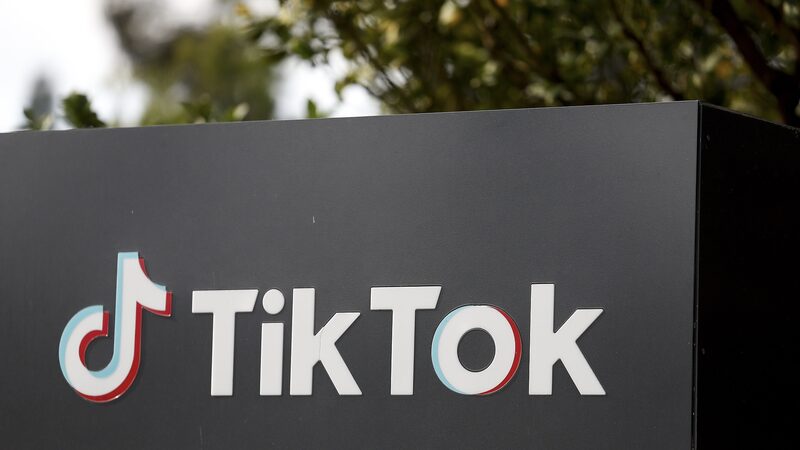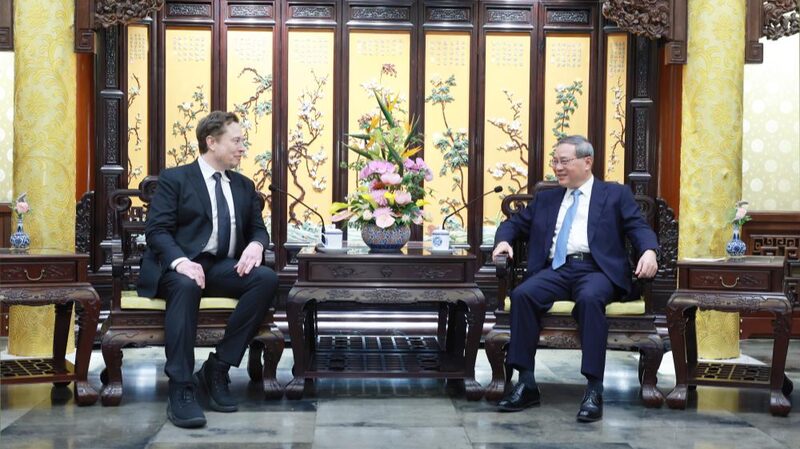The collaboration between the United States and China in artificial intelligence (AI) signifies a pivotal moment for the future of global technology. Early cooperation is seen as essential for securing advancements that can benefit humanity as a whole.
During the recent US presidential inauguration, prominent figures from the tech industry, including Elon Musk, Jeff Bezos, and Mark Zuckerberg, were prominently featured, highlighting the significant role of big tech in the administration's vision for AI development. Shortly after, President Trump announced the ambitious $500 billion Stargate project, aimed at building massive data centers to support the next generation of AI technologies.
AI is increasingly recognized as a transformative technology with the potential to revolutionize various aspects of human life. The US administration views maintaining leadership in AI as crucial for retaining global dominance in the 21st century, particularly in competition with China.
However, the launch of DeepSeek's R1 model has introduced a significant challenge to the US's perception of its AI supremacy. DeepSeek's breakthrough has sent ripples through the global tech industry, highlighting China's rapid advancements in the field. President Trump described this development as a \"wake-up call,\" emphasizing the need for the US to bolster its AI initiatives.
This announcement comes amidst ongoing debates over the H-1B visa program, which is crucial for bringing foreign talent into the US tech sector. Silicon Valley companies argue that the program is vital for maintaining the country's technological edge. Nevertheless, some voices, like Vivek Ramaswamy, contend that America's reliance on foreign talent is rooted in deeper cultural issues, suggesting that prioritizing STEM education could foster a stronger base of homegrown engineers.
China's focused strategy on STEM education has been instrumental in transforming the country into a high-tech powerhouse. Decades of sustained investment in education have yielded a robust pool of world-class scientists and engineers. DeepSeek's success is a testament to the effectiveness of China's approach, being entirely powered by domestic talent.
At a recent US Senate Foreign Relations Committee hearing, Melanie Hart of the Atlantic Council proposed that the US consider attracting China's top AI talent to keep pace with advancements made by companies like DeepSeek. However, the prevailing anti-China sentiment in the US raises questions about the feasibility of such efforts, leaving the future of Chinese scientists in the US uncertain.
Reference(s):
cgtn.com
